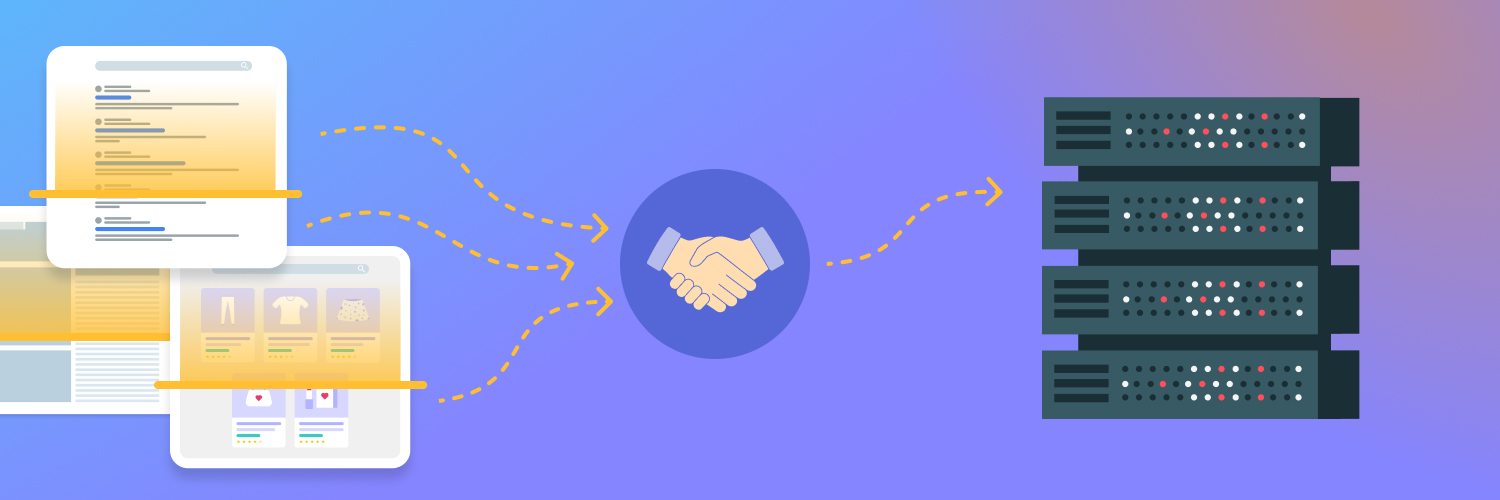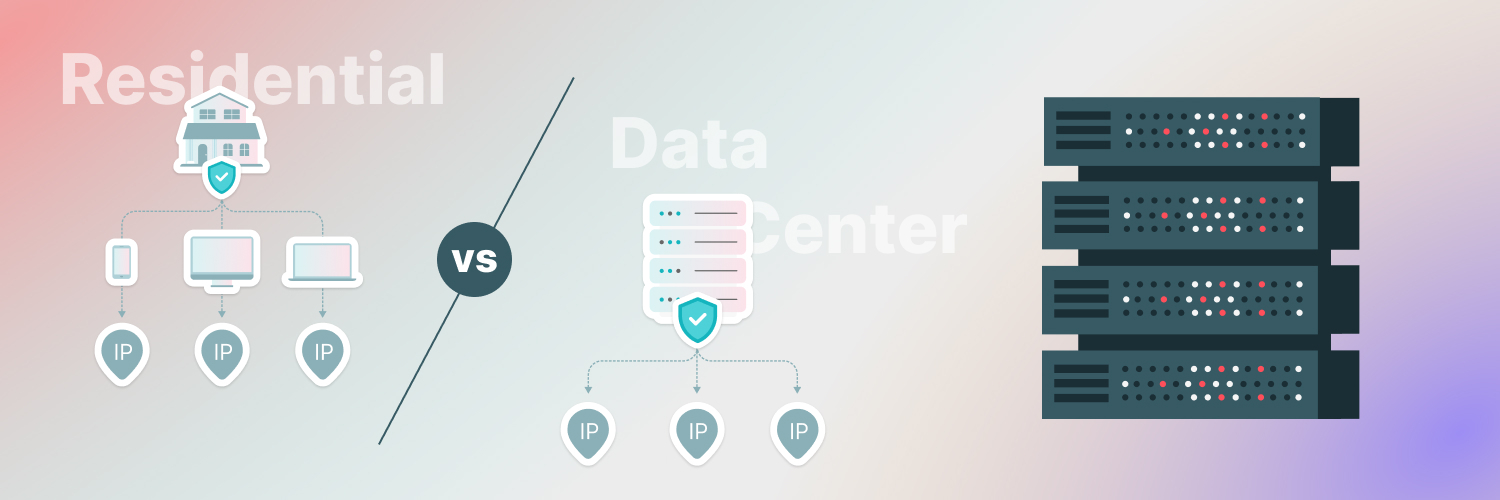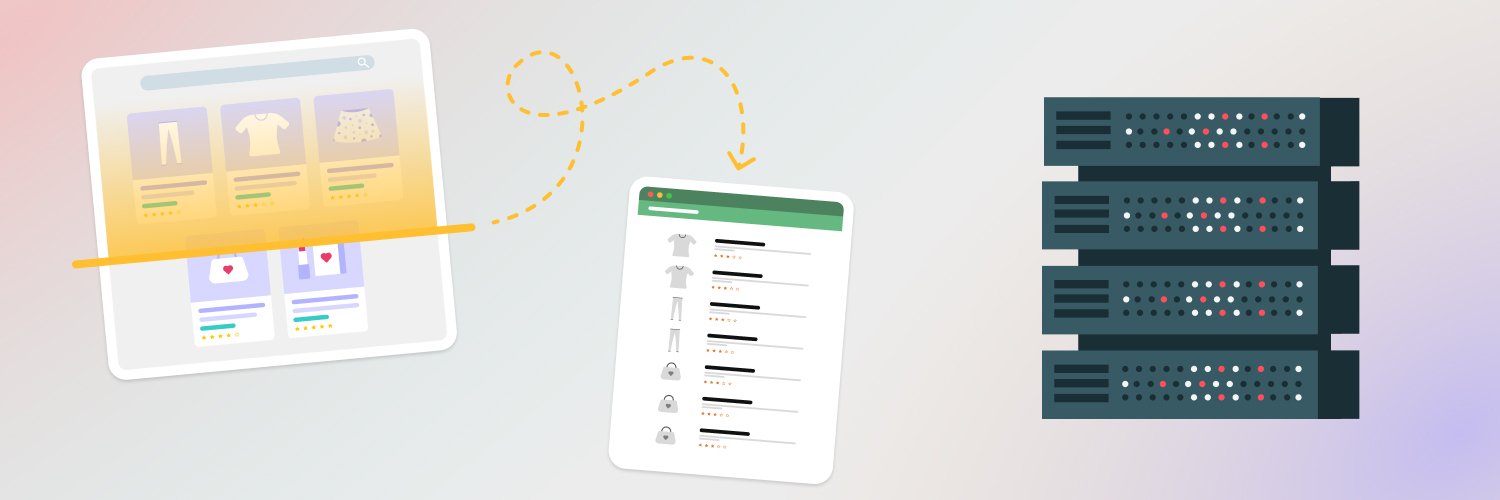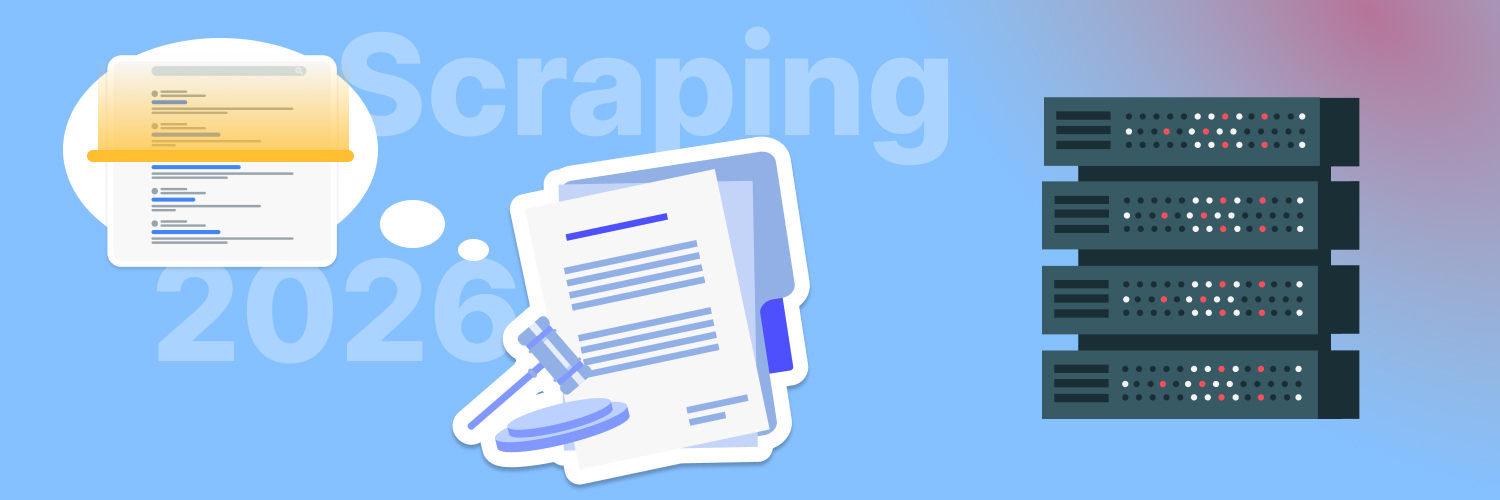HTML Scraping (Why And How To Scrape An HTML Page)
Some websites on the Internet have large reserves of valuable data, such as sports statistics, product details, stock prices, and company contracts. Getting hold of this information is very important for monitoring, lead generation, research, and other purposes.
That is where HTML scraping comes in. Typically, individuals and businesses use HTML scraping to gather vast amounts of data for decision-making and market research.
Scrape at Scale With Chromium
Playwright-compatible. Self-hosted. Built for real infrastructure.

Quite simply, HTML scraping means data extraction from a website. The information is exported into an easily usable format, such as an API or spreadsheet. This guide discusses how to scrape an HTML page and the best HTML scraper tool to use for the job.
Why Should Companies Scrape HTML?

Since web scraping gives access to an abundance of information quickly, businesses can use it for a wide range of reasons. Here are some of them:
Price Intelligence
One of the main reasons for using HTML scraping is price determination. As a business, you must calculate your product or service price after keeping the market trends and competitors’ pricing in mind.
Extracting information from all websites in your niche can help you make better marketing and pricing decisions that are inherently data-based.
Price intelligence can be helpful in the following respects:
- Brand compliance
- Dynamic pricing
- Revenue optimization
- Monitoring product trends
- Competitor price monitoring
- Research
Many business processes require extensive research before you can make any decisions. For instance, if you have to perform market research or consumer analysis, you can scrape HTML data from websites in your industry.
Along with web pages, you can also scrape HTML data from leadership platforms, analysis forums, and social media.
Social listening
Sometimes, before you make any business decisions, you have to listen to your customers. Web scraping can be very useful in this regard, as it lets you extract data from different social media networks.
For instance, you can scrape comments, likes, and other information to know your audience’s needs.
Competitor analysis
As a business owner, it is essential to keep an eye on what your competitors are doing. An HTML scraper helps you scrape price listings and product descriptions from your competitors’ sites, giving you an idea of the strategies and mindset behind their success.
Content Analysis
Web scraping can also be used for content creation. For instance, when creating a blog for your business website, you can scrape articles and blog posts from top-ranking sites in your niche.
After scraping information like meta descriptions, alt texts, and embedded links, you can create content that actually ranks high.
How to Scrape an HTML Page

The method of HTML scraping depends on the complexity of the project. If you do a DIY web scrape manually, the process will look as follows:
- First, you identify the website you want to scrape.
- Gather the URLs of web pages where you want to get the data from.
- Request the page HTML from these URLs.
- Find the data in the HTML using locators.
Finally, you can save this information in any structured format, such as CSV File or JSON.
However, manual or DIY web scraping is not all that easy since you will encounter many challenges. Some of them include layout changes in the website, executing Javascript, antibiotics, and proxy management.
Also, learning how to build an HTML scraper is quite a hectic task, eating up a lot of your time that you can spend on other business processes.
Therefore, it is best if you use a proxy for the job, such as Rayobyte. Our residential proxy is the most efficient and reliable solution for businesses that want to expand their network through data-based decisions.
Since our proxies provide you with high-level ban prevention, you can focus on meeting your goals without any hurdles in the way.
Scrape at Scale With Chromium
Playwright-compatible. Self-hosted. Built for real infrastructure.

What Are Proxies in HTML Scraping?

When you are dealing with a large amount of data, manual scraping is no longer efficient or smart. Instead, proxies make the job quick and accurate.
Proxes are servers that handle user traffic while acting as an intermediary between the web and the user. In doing so, a proxy masks the user’s IP address from the access site and shows the server’s IP address instead.
Thus, the scraped website can only see the proxy’s IP address rather than its user’s IP address.
Factors determining your proxy pool’s size
If you need to send many requests, you have to build a proxy pool to route your requests. Thus, it is crucial to split the traffic over the proxy pool.
Here are some factors determining the size of the proxy pool:
- The number of requests you want to make per hour
- The websites you want to target (if you target larger websites that have anti-bot measures in place, you need a bigger pool of proxies)
- The IP type you are using, such as mobile, residential, ISP, or data center IPs
- IP Quality
- How sophisticated the proxy management system is, such as session management, throttling, and proxy rotation
When you are learning how to scrape an HTML page, you have to consider all these factors to ensure a proxy pool that does the job well. If your pool is not adequately curated, you may experience bans or blockage from the target websites.
When managing your proxy pool, make sure you identify the bans beforehand.
The solution you are using should be able to identify ban types and fix problems, such as redirects, ghosting, captchas, and blocks. If there are any errors, timeouts, and bans, you should retry or get in touch with the proxy provider.
Importance of proxies in HTML scraping
Whether you want to scrape HTML tables or learn how to scrape HTML tags, it is essential to remember that you can experience a ban from the accessed website. However, a proxy, like Rayobyte’s residential proxy, prevents this.
Here is why proxies are so crucial in HTML scraping:
Mask IP address
First and foremost, a proxy masks your IP address, allowing you to expand your reach beyond geo-specific content. For instance, if you live in Indonesia and want to get data from Amazon US, you can use a proxy from any US state or city.
This way, Amazon will see the request incoming from the state or city you have chosen rather than Indonesia.
Prevents blocking
When you send requests to a website for scraping, there is always a risk of you getting blocked. Once a website blocks your IP address, you will not be able to send a subsequent request.
On the other hand, when you use multiple proxy servers rather than the same IP address multiple times, there is a lower risk of you getting blocked from the website.
Bypass limits
Websites have different limits which determine whether they may show data to IP addresses from certain locations. For example, if you are in Europe, you will not be able to access some US publications.
When using a residential or ISP proxy, such as that from Rayobyte, you will be able to bypass these limits and get all the data you need for market research and other purposes.
Types of proxies
Depending on your business needs, you can use different kinds of proxies. They all have varying uses.
Datacenter IPs
The most common proxies are data center IPs. These IP addresses belong to servers in data centers and are the cheapest option.
With these IPs, you can formulate a web tracking solution that lets you get all the information you need for your business.
Residential IPs
These IPs are from private households. You can use these IPs to forward your request to a website from a residential network. These IPs are more expensive than datacenter IPs.
Rayobyte’s residential IPs are optimized for web scraping, are 100% ethically sourced, offer API access and bring you an intuitive dashboard. You can manage proxies from your browser automatically and efficiently, benefitting from strict sourcing standards and an in-depth vetting process.
Residential IPs often pose consent issues since you are using someone’s personal network. Therefore, it is essential to depend on a reliable and ethical proxy provider, such as Rayobyte.
ISP proxies
ISP proxies are IPv4 subnet blocks that an ISP network circuit supports. Because of this, it gives the users an added advantage of avoiding bans since these IPs show as residential.
Rayobyte ISP proxies have the following features that make them ideal for HTML scraping:
3 Real IP ASNs: Rayobyte partners with Comcast, Verizon, and other providers to maintain maximum diversity and redundancy. Sometimes, a site that has anti-proxy protections may ban an IP address. In some cases, they may ban the whole ASN.
When this happens, other providers will take time to look for alternative solutions, but Rayobyte readily has two other ASNs and will rotate your proxy to one of them. As a result, you get an uninterrupted workflow.
High Speed: With 1Gbps speed, Rayobyte’s ISP proxies ensure you get the scraped results in no time. Since the proxy is based in a data center, you benefit from the ban prevention feature of an ISP proxy and the speed of a data center ISP.
Ethically Sourced: HTML scraping is not illegal, but you have to make sure that you are only accessing publicly available data. At Rayobyte, we have strict quality control in place, and our ethical standards are unmatchable.
Mobile IPs
Mobile IPs refer to the IPs from private mobile devices. Getting these IP addresses is quite expensive and difficult.
How to Scrape div HTML Safely

When you scrape HTML tables or other information, it is vital to do it safely. As we have already mentioned, web scraping is not illegal. However, when you send requests to other websites to get their HTML, you burden them.
That is why many websites block requests, making it difficult for you to send requests. Here are some practices for safe scraping:
- Avoid Overdoing: You should not overwhelm a website by sending them too many requests. Restrict the number of requests you send to a target website. If you bombard them with requests, they could ban you.
- Do Not Damage: When you edit, make sure the robots do not damage the accessed website. If you send too many requests, it will overload the server, leading to damage.
- Be Respectful: When you are scraping a website, make sure you are respectful. Otherwise, they will talk to your proxy provider and could end up stopping your progress. To prevent this, you should only do what you need to do and respect the accessed website.
Final Words

HTML scraping is just a buzzword for some people, but it is actually quite beneficial in the business sector. Along with helping you conduct market research, web scraping also allows monitoring and competitor analysis.
When learning how to scrape HTML without fail, you can try a DIY scraper or use a proxy. The latter is a much better option since it is quick and appropriate, and economical in most cases.
Scrape at Scale With Chromium
Playwright-compatible. Self-hosted. Built for real infrastructure.

At Rayobyte, we offer residential proxies and ISP proxies as per your business needs. With browser-based access, you can manage the IPs from your own computer.
Hopefully, this guide has taught you what HTML to look for when web scraping and everything you need to know about HTML scraping.
The information contained within this article, including information posted by official staff, guest-submitted material, message board postings, or other third-party material is presented solely for the purposes of education and furtherance of the knowledge of the reader. All trademarks used in this publication are hereby acknowledged as the property of their respective owners.



